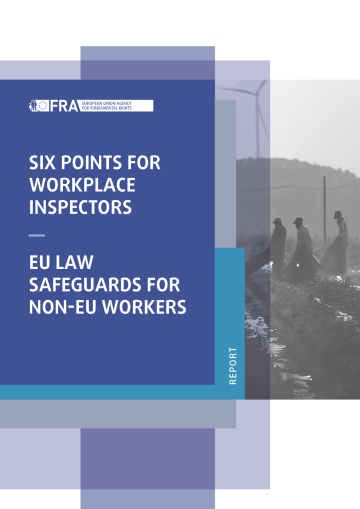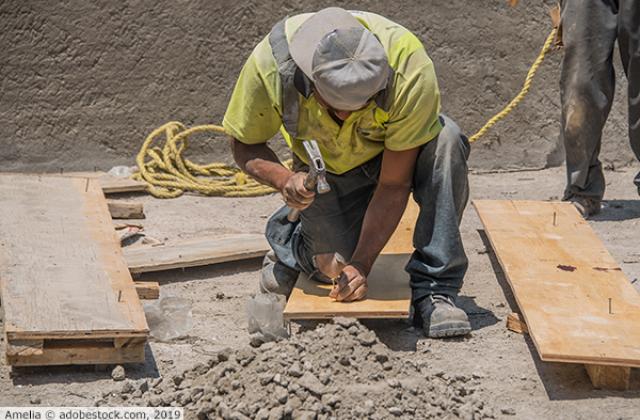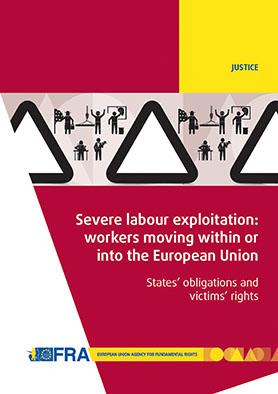Some categories of migrant workers may be exposed to specific risks, for which EU law has express safeguards. For example, seasonal workers and posted workers are often provided housing by their employer. EU law requires this kind of accommodation to respect certain standards, however, these standards are not always met in practice.
A European Migration Network report on how the rights of seasonal workers are protected in the EU published in 2020 shows that seasonal workers’ right to adequate housing differs across Member States. They use different criteria to define whether the housing offered respects adequate standard of living. Posted workers also experience substandard accommodation conditions, according to the implementation report of the posted workers directive published in 2024.
Workplace inspectors can play an important role in enforcing the right to adequate accommodation in practice by:
- undergoing training to recognise the signs of inadequate accommodation;
- monitoring compliance with adequate living standards in practice when this falls under their mandate;
- informing the responsible authorities of suspected sub-standard living conditions, if monitoring compliance is not within their mandate;
- providing workers with information on their rights to adequate accommodation and how to assert them, for example, with the help of trade unions or civil society organisations;
- collecting evidence of sub-standard living conditions.






